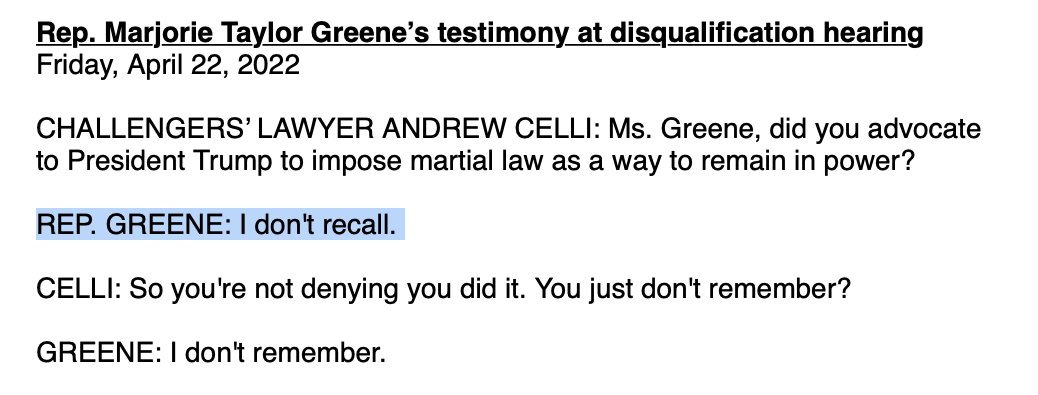In the days after the Jan. 6 attack on the Capitol building, the two top Republicans in Congress, Representative Kevin McCarthy and Senator Mitch McConnell, told associates they believed President Trump was responsible for inciting the deadly riot and vowed to drive him from politics. Mr. McCarthy went so far as to say he would push Mr. Trump to resign immediately: “I’ve had it with this guy,” he told a group of Republican leaders.
But within weeks both men backed off an all-out fight with Mr. Trump because they feared retribution from him and his political movement. Their drive to act faded fast as it became clear it would mean difficult votes that would put them at odds with most of their colleagues.
“I didn’t get to be leader by voting with five people in the conference,” Mr. McConnell, the Senate Republican leader, told a friend.
The confidential expressions of outrage from Mr. McCarthy and Mr. McConnell, which have not been previously reported, illustrate the immense gulf between what Republican leaders say privately about Mr. Trump and their public deference to a man whose hold on the party has gone virtually unchallenged for half a decade.
The leaders’ swift retreat in January 2021 represented a capitulation at a moment of extraordinary political weakness for Mr. Trump — perhaps the last and best chance for mainstream Republicans to reclaim control of their party from a leader who had stoked an insurrection against American democracy itself.
This account of the private discussions among Republican leaders in the days after the Jan. 6 attack is adapted from a new book, “This Will Not Pass: Trump, Biden and the Battle for America’s Future,” which draws on hundreds of interviews with lawmakers and officials, and contemporaneous records of pivotal moments in the 2020 presidential campaign.
Mr. McConnell’s office declined to comment. Mark Bednar, a spokesman for Mr. McCarthy, denied that the Republican leader told colleagues he would push Mr. Trump to leave office. “McCarthy never said he’d call Trump to say he should resign,” Mr. Bednar said.


